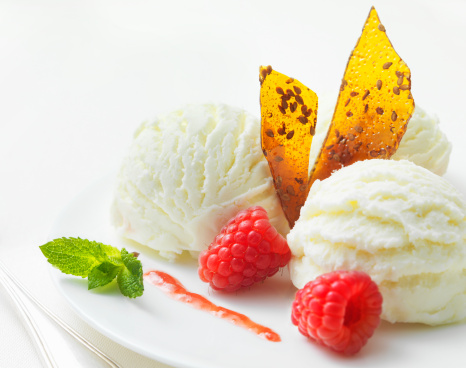Competition in China’s ice cream sector is turning red hot as market players are unveiling their bold expansion plans. International and domestic brands are well-armed with various production, marketing and distribution tactics for the looming war that will determine the nation’s ice cream king. The odds-on favourites to scope up the title as top ice cream firm in China are major market players Yili, Walls, Mengniu, Nestle or Meadow Gold. Those are the top five ice cream brands in terms of market share in China.
Chinese domestic ice cream brands
Yili Group (伊利集团) is a privately-owned company of dairy industry in China. It is engaged in processing and manufacturing of milk products, including ice-cream, milk powder, milk tea powder, sterilized milk and fresh milk under the “Yili” brand. It’s headquartered in Hohhot (呼和浩特), Inner Mongolia (内蒙古). Its main competitor in China is Mengniu (蒙牛). Mengniu (蒙牛) is a manufacturing and distribution company of dairy products and ice cream. The company is also based in Inner Mongolia (内蒙古) and manufactures dairy products under the Mengniu (蒙牛) brand. In July 2009, Mengniu sold a 20% stake to consortium led by state-owned China National Oils, Foodstuffs and Cereals Corp, China’s largest importer and exporter of food. That sale made the state the single largest shareholder. Its products include liquid milk products, such as ultra heat treated milk, yogurt and milk beverages, ice cream and other dairy products, such as milk powder and milk tablets.
International ice cream brands
Walls’s is a United Kingdom-originated food brand owned by Unilever. Wall’s itself is now core to Unilever’s global ice cream business, Heartbrand, which currently conducts business in China, Hong Kong, India, Indonesia, Austria, Jordan, Lebanon, Malaysia, Maldives, Mauritius, Pakistan, Portugal, Philippines, Qatar, Saudi Arabia, Spain, Singapore, Sri Lanka, Thailand, United Arab Emirates and Vietnam. Unilever continues to use the brand for ice cream in the UK. Whilst remaining (2006) the market leader in the UK for individual hand-held products such as Cornetto and Magnum, and value-added multi-portion products designed to be eaten at home, such as Viennetta, the Wall’s brand faces severe competition from the major supermarket brands and to a lesser extent from Nestle and Mars spin-off ice cream products. Nestle is a Swiss multinational nutritional and health-related consumer goods company headquartered in Vevey, Switzerland. It is the largest food company in the world measured by revenue. Nestle was formed in 1905 by the merger of the Anglo-Swiss Milk Company.
Nestle Reassessing China’s Ice Cream Market
Nestle is reportedly considering closing down its ice cream plant in Shanghai (上海) and reassessing its strategy for China’s ice cream market, a Nestle employee told Yicai.com. Ice cream is a key part of Nestle’s operations in the country and a restructuring would aim at formulating a framework for sustainable development and ratcheting up investment in this niche market, the Nestle source said. Statistics show that in the Chinese ice cream market that is projected to be a ¥100 billion business by 2015, Nestle trailed Yili, Mengniu and Unilever with a minute 3% market share in 2009. Yili led the way with a 15.8% share, followed by Mengniu’s 13% and Unilever’s 6.9%. Yili and Mengniu’s share have rapidly grown larger over recent years, while Nestle’s has remained relatively stable in comparison. Revenue from China’s ice cream market amounted to ¥30.8 billion last year, according to Euromonitor International, a world leader in strategy research for consumer markets. Per capita consumption of ice cream in China is about one liter per year, well below the 22 liters per year consumed by an average person in the United States, experts estimate.
Sources:






